Depression Is a Story We Tell Ourselves…

Of course, it doesn’t start out that way for most people. We are skipping along in life, and suddenly we find ourselves in a dark place.

We come into hard times, horrifying circumstances, or real-life challenges, and it knocks us off kilter. We are unable to find homeostasis and we start to suffer physically, mentally, and emotionally. It could be from an abusive situation at home, the loss of a loved one or pet, health issues, or financial troubles. Everything begins to look bleak as we slowly become estranged from our friends and family, and work-peers. We have begun our own melancholic implosion process, and life becomes joyless.
In society, we are taught that we are victims and life just happens to us. This is reinforced by the media, television, films, etc. with subliminal messages of how powerless we are. We don’t understand the laws of the universe enough to know that we have created this situation, somewhere, on some level. It may not be at the level we are experiencing it, but we have indeed created it. We don’t realize the creative power of our own minds. We believe we are a victim and begin to play the role. That is where the story of depression begins…
We start claiming for ourselves dead-end statements like “things are never going to get better”, “there’s no way out of this”, or “nothing will ever change”. These foreboding thoughts begin to circle like a merry-go-round in a negative feedback loop, sinking into our subconscious where they become ingrained as beliefs. As this ominous tape continues to play in our heads, it replaces any and all positive thoughts we have about ourselves and our future. At this point, we don’t realize that we have put on dirt-covered glasses.

We are now unaware that we use dirt-covered glasses to see the world. Every decision, every interaction, every well-thought out plan, is viewed through these dirt-covered glasses. Depression is ugly and insidious, and it has made us a prisoner in our own lives. Outsiders may look at our situation and ask, “Why are you so depressed? Things don’t look that bad”. And they could be right, but as far as our dismal perceptions go, we cannot see otherwise. Depression has stolen our love of life, our love of ourselves, our present, and if we don’t change course, our future.
Depression is a serious illness that needs a treatment plan whether we are in therapy or not. Each person must decide the most beneficial treatment plan for themselves, and this personal healing plan must be in place 24/7. If you need the medications, take them until you don’t. If you need therapy, talk it out until you don’t need it. These are band-aids but band-aids cover the wound and protect it from outside forces until the wound can heal on its own. They will help you get through the rough times. Never try to heal depression on your own, seek medical or professional help first. Then when you feel you are ready, begin to implement your own healing strategies and techniques and build your own healing plan. In the next article, there are some tips on what kinds of things you can use to begin the healing process.
The truth is: things will get better, but you have to be willing to work at it. This didn’t happen overnight, it may not have even originated in this lifetime, but you can heal and begin to live and love your life.

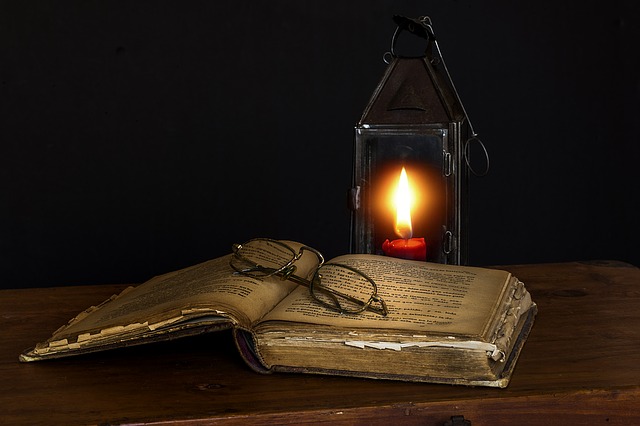
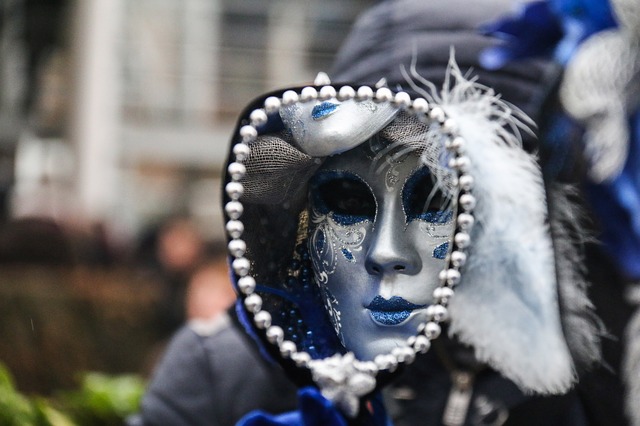
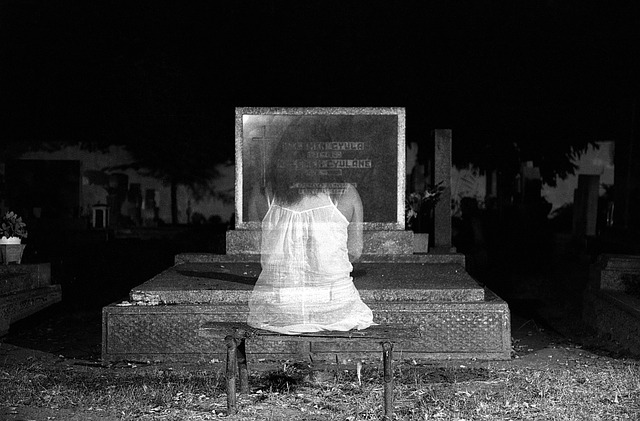
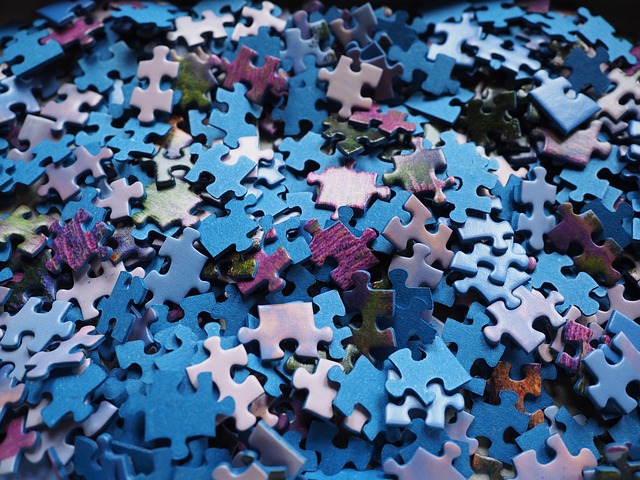
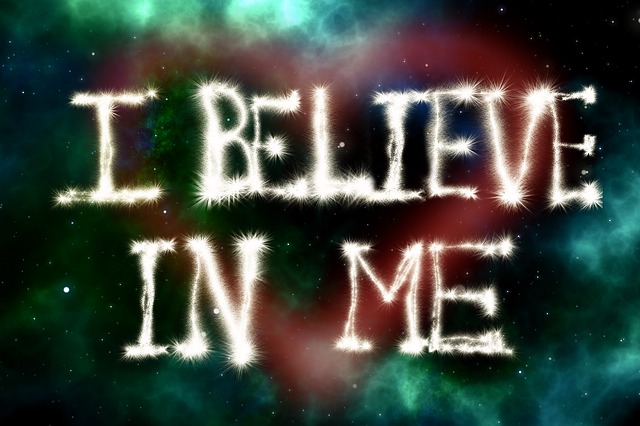
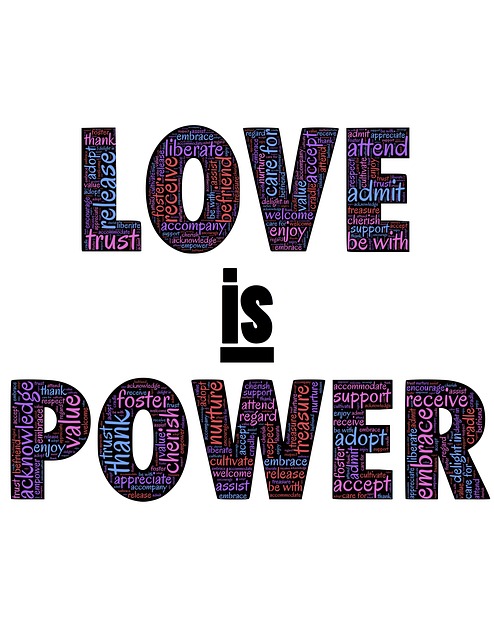
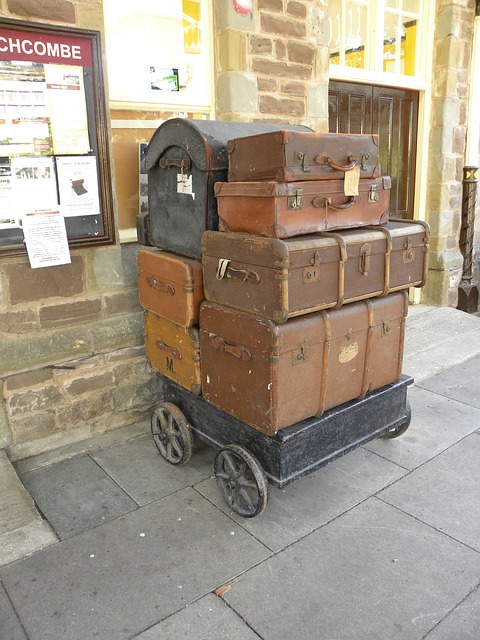
But what if there is a way we can free ourselves from becoming anxious? It begins with asking challenging questions about the stories we tell ourselves.
Absolutely! Re-writing our story to include the lesson. ~k